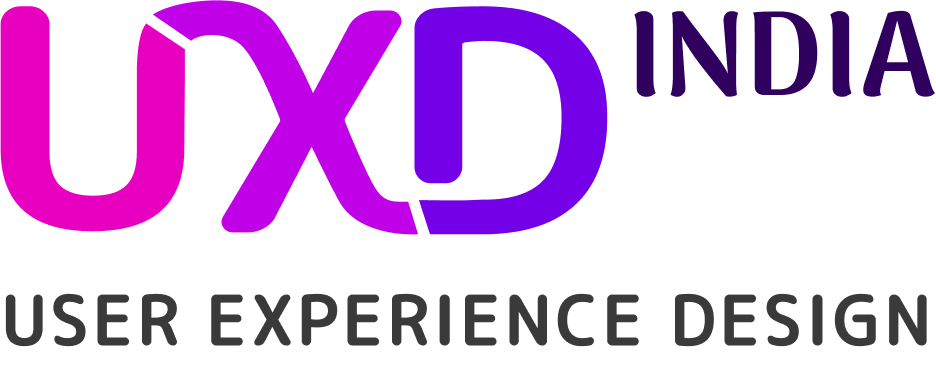Call Center CRM: Unlock Smarter Support & Happier Customers

In today’s fast-paced customer service landscape, call centers need more than just a phone system to manage interactions efficiently. A Call Center CRM (Customer Relationship Management) system is the backbone of modern customer support, sales, and service operations. But what exactly is it, and why is it essential for your business?
This guide breaks down what a Call Center CRM is, its key features, and why your team can’t afford to operate without one.
What Is a Call Center CRM?
A Call Center CRM is a specialized software that integrates customer data, call management, and workflow automation into a single platform. Unlike a basic CRM, which focuses on general customer interactions, It is optimized for high-volume inbound and outbound calls, providing tools like:
-
- Automatic Call Distribution (ACD) – Routes calls to the right agent based on skills, availability, or priority.
-
- Call Recording & Monitoring – Stores conversations for quality assurance and training.
-
- Screen Pop – Displays customer data instantly when a call comes in.
-
- IVR (Interactive Voice Response) – Automates call routing with self-service options.
-
- Omnichannel Support – Syncs calls with emails, chats, and social media interactions.
By consolidating customer history, call logs, and agent notes in one place, It eliminates inefficiencies and enhances customer experience.
Key Benefits of a Call Center CRM
1. Improves First-Call Resolution (FCR)
Nothing frustrates customers more than repeating their issue to multiple agents. It stores past interactions, so agents have full context before answering. This reduces callbacks and boosts First-Call Resolution (FCR) rates—a critical metric for customer satisfaction.
2. Enhances Agent Productivity
Manually searching for customer details wastes time. With Screen Pop, agents see caller information instantly, including:
-
- Past purchases
-
- Previous support tickets
-
- Personal preferences
This allows faster, more personalized service—cutting Average Handle Time (AHT) and improving efficiency.
3. Automates Routine Tasks
It automates repetitive tasks like:
-
- Call logging (no more manual note-taking)
-
- Post-call workflows (auto-saving recordings, sending follow-ups)
-
- Ticket creation (for escalations)
This frees agents to focus on solving problems rather than administrative work.
4. Provides Real-Time Analytics & Reporting
Managers gain insights into:
-
- Call volume trends (peak hours, seasonal spikes)
-
- Agent performance (talk time, resolution rates)
-
- Customer satisfaction (CSAT) scores
With data-driven decisions, call centers can optimize staffing, training, and processes.
5. Supports Omnichannel Customer Service
Customers contact businesses through phone, email, live chat, and social media. It unifies these channels, ensuring:
-
- No missed follow-ups
-
- Consistent responses across platforms
-
- A seamless customer journey
For example, if a customer switches from chat to phone, the agent already has their history.
6. Boosts Sales & Upselling Opportunities
For outbound call centers, CRMs help:
-
- Track lead status in sales pipelines
-
- Automate callbacks for follow-ups
-
- Identify cross-sell/upsell opportunities based on past purchases
This turns support calls into revenue opportunities.
Who Needs a Call Center CRM?
Any business handling high call volumes—whether for customer service, sales, or technical support—can benefit. Industries that rely heavily on call center CRMs include:
✔ E-commerce – Managing returns, order tracking, and complaints
✔ Healthcare – Appointment scheduling and patient support
✔ Banking/Fintech – Fraud alerts, account inquiries
✔ Telecom – Billing disputes and service upgrades
✔ Travel & Hospitality – Booking changes and cancellations
Even small businesses can scale efficiently with a cloud-based Call Center CRM instead of relying on spreadsheets and basic phone systems.
Choosing the Right Call Center CRM
When selecting a Call Center CRM, consider:
🔹 Integration – Does it work with your existing tools (e.g., helpdesk, ERP)?
🔹 Scalability – Can it grow with your call volume?
🔹 AI & Automation – Does it offer chatbots, sentiment analysis, or predictive dialing?
🔹 Compliance – Is it secure for industries like healthcare (HIPAA) or finance (PCI DSS)?
🔹 User-Friendly Interface – Will agents adopt it quickly?
Popular Call Center CRM solutions include Zendesk Talk, Five9, Freshdesk, and Salesforce Service Cloud.
Whether you run a small support team or a large-scale contact center, investing in the right Call Center CRM means:
✅ Happier customers
✅ More productive agents
✅ Lower operational costs
✅ Higher sales conversions
Ready to upgrade? Explore how a Call Center CRM can streamline your operations today!
Images used in this blog are from Freepik.
